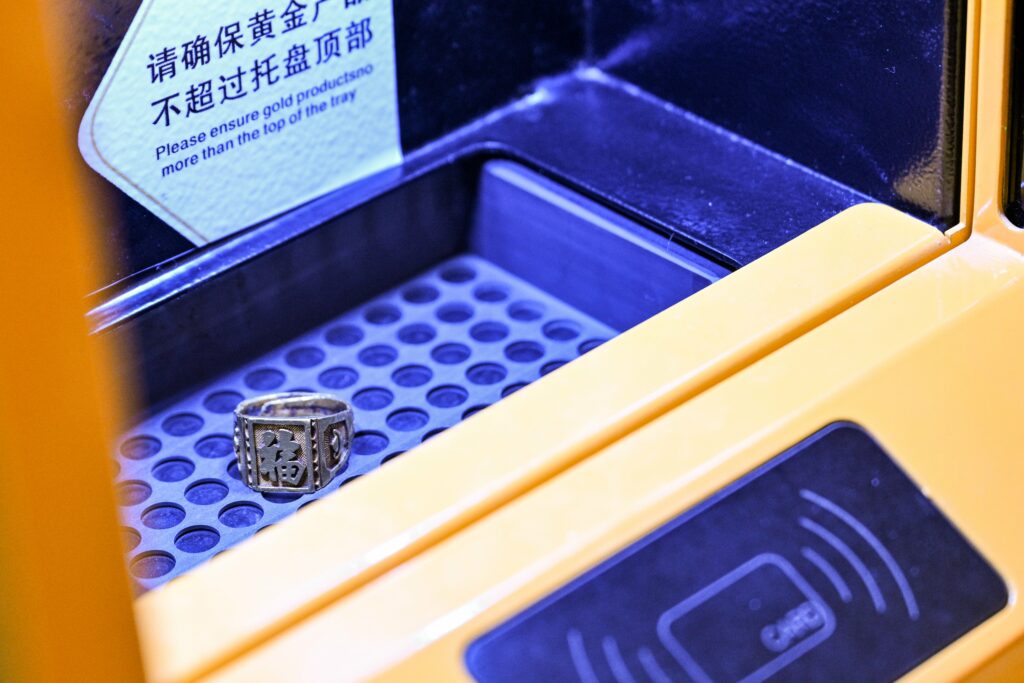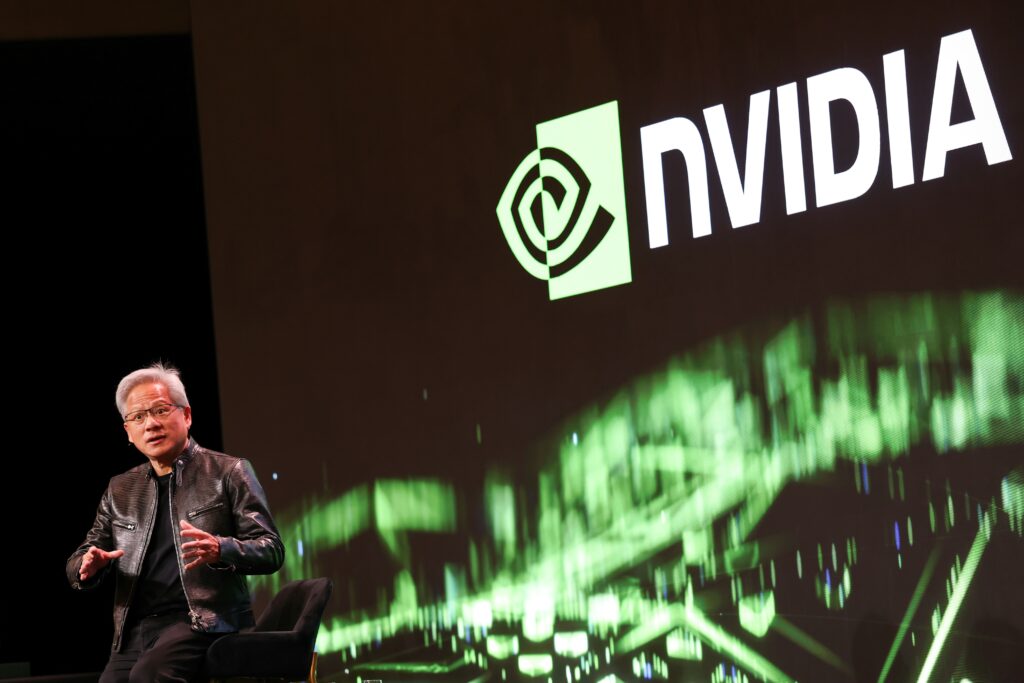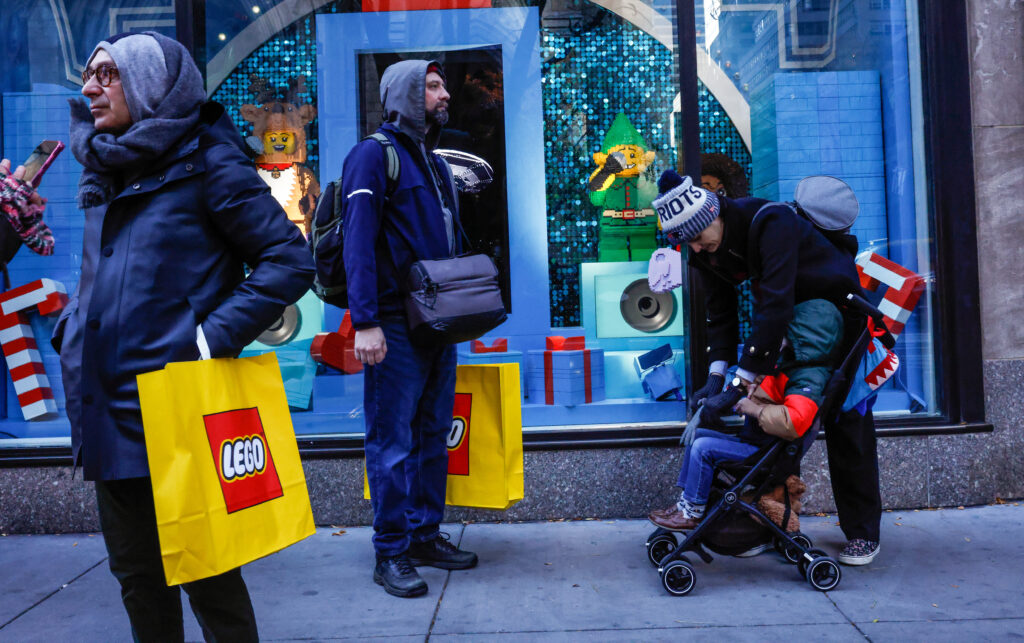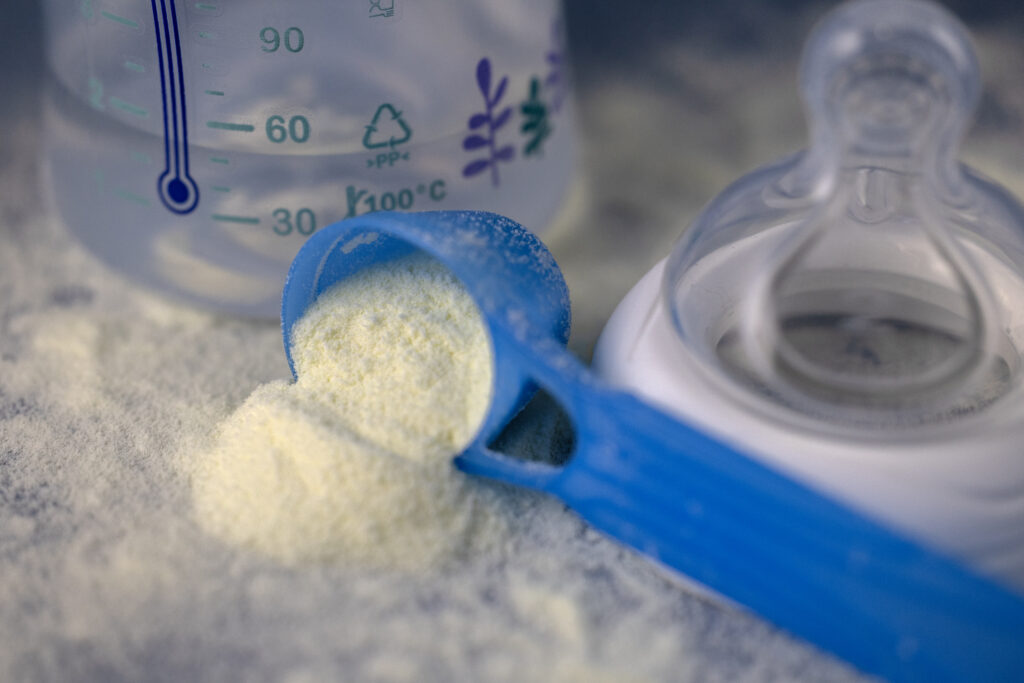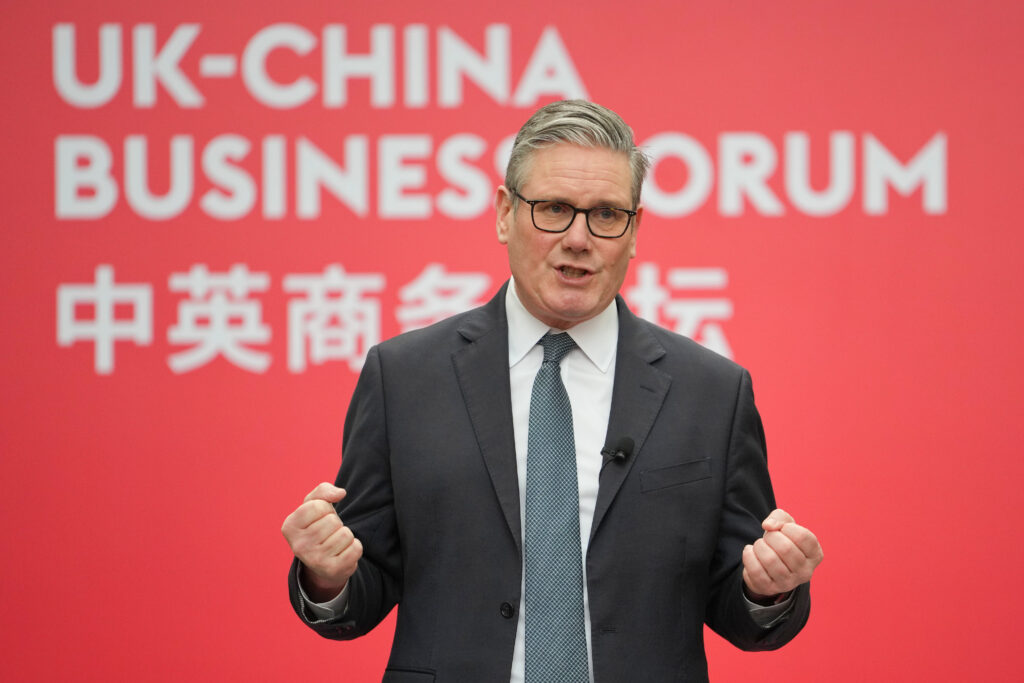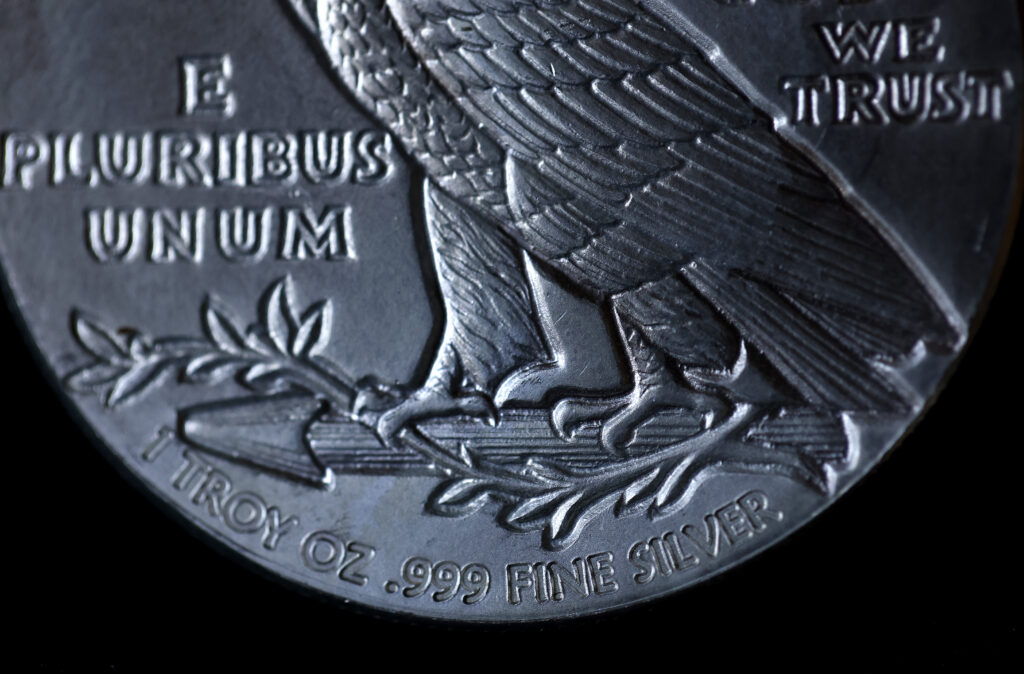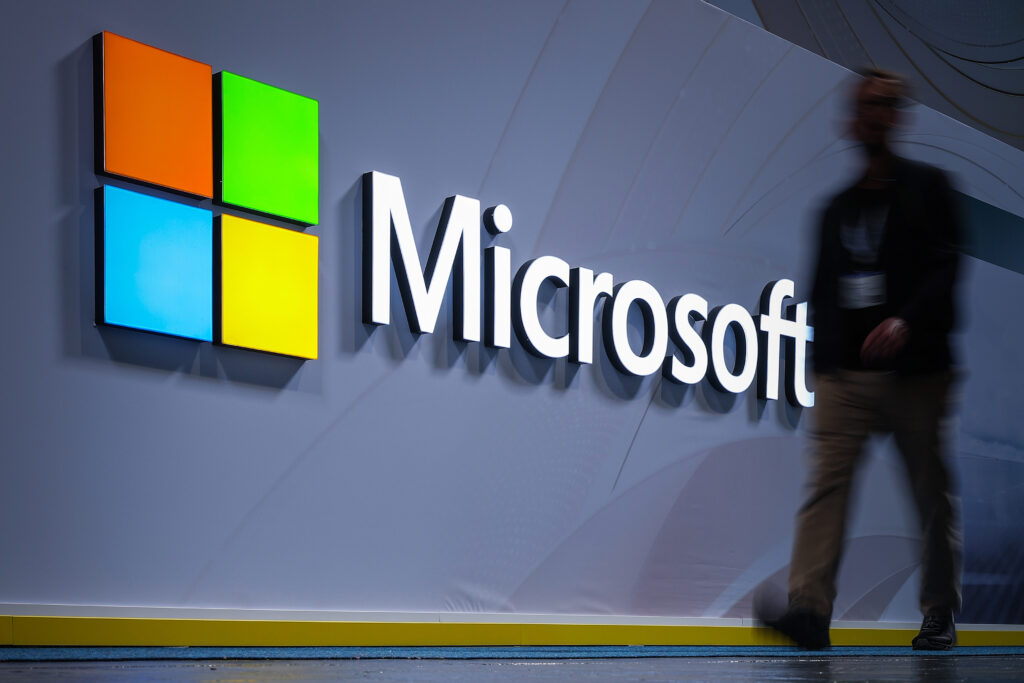Toyota names new CEO, hikes profit forecasts
Toyota has named a new CEO to “accelerate” decision-making, the Japanese auto giant said Friday as it hiked its profit and sales forecasts for the current fiscal year despite the impact of US tariffs.Current finance chief Kenta Kon will take over from chief executive Koji Sato on April 1 after three years in charge, the firm said.”This change in roles is intended to accelerate management decision-making in response to changes in the internal and external environment,” Toyota said.The move would also help “establish a structure that will enable Toyota to fully carry out its mission of contributing to society through industry”, it added.The announcement came as the firm expects to see net profit of 3.57 trillion yen ($22.8 billion) for the year ending in March, down 25.1 percent year-on-year but up from the 2.93 trillion yen previously anticipated.Despite the “negative impact of US tariffs that newly arose this fiscal year, we have reduced the extent of the profit decline by implementing cost reductions and marketing efforts”, Toyota said in a statement.Sales are expected to climb 4.1 percent year-on-year to 50 trillion yen, a slight upwards revision.Operating profit is forecast to hit 3.8 trillion yen, up from the previous projection of 3.4 trillion yen.However, Toyota said the September-December quarter saw net and operating profit fall despite a rise in sales, largely because of a “tariff impact” that increased expenses.- Record sales -The firm announced last month that global sales hit a new record in 2025, helping it retain its title as the world’s top automaker and widen the gap with German rival Volkswagen.The overall increase came despite flat sales in China, a crucial market where Toyota faces intensifying competition from local automakers including electric-car champion BYD.US sales climbed eight percent despite the 25-percent tariff on Japanese auto exports imposed by Washington between April and mid-September on top an existing 2.5-percent toll.The United States is a key market where Toyota generates almost a quarter of its sales. But of the 2.52 million vehicles it sold there in 2025, only 1.39 million were produced in the country.Even so, Toyota increased output last year by 10 percent at its factories in the United States, where it produces increasingly popular hybrid vehicles.To keep exporting to the United States on competitive terms, Japanese automakers have had to slash export prices.In exchange for lowering tariffs from 27.5 percent to 15 percent, Tokyo agreed in July to invest $550 billion in the US economy.Japanese automakers have also been pressured by the Trump administration to export vehicles made in their US plants to Japan.kh-jug-stu-aph/ami


